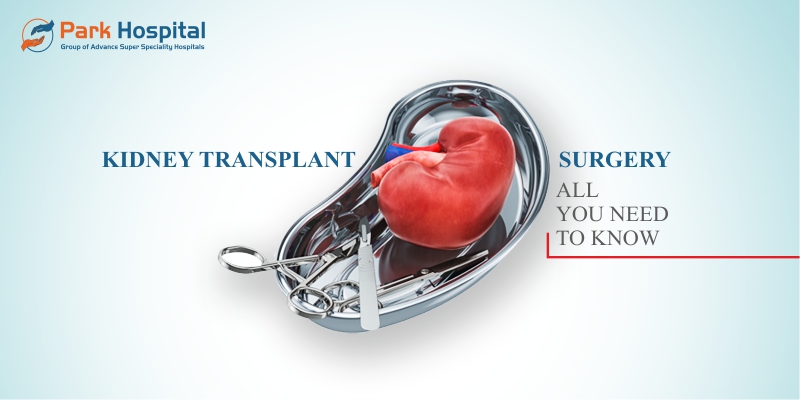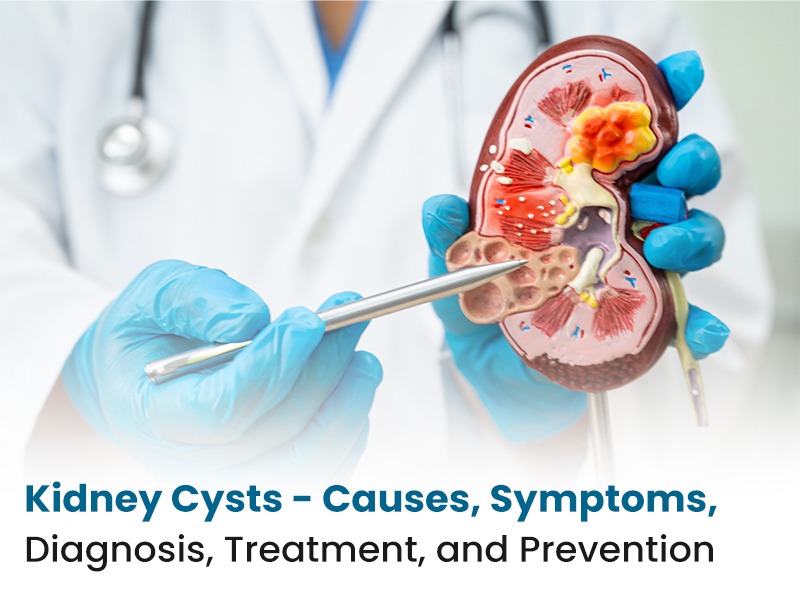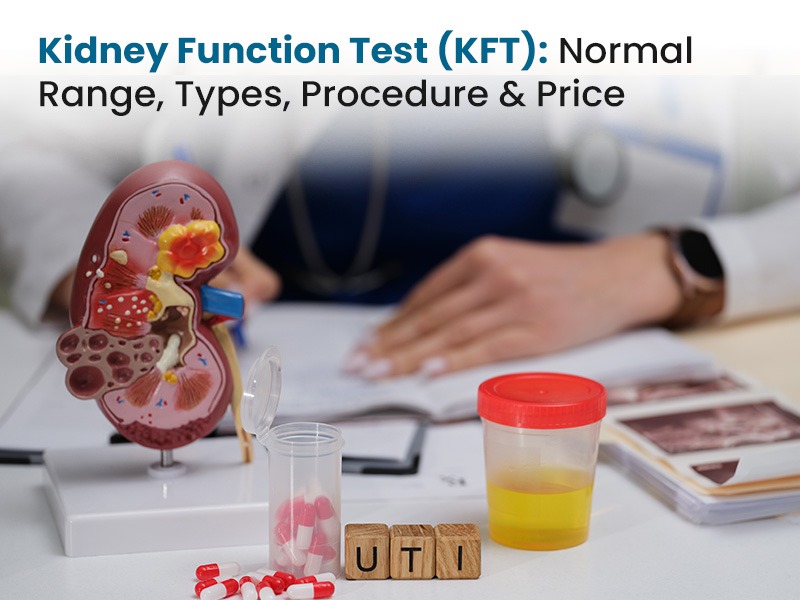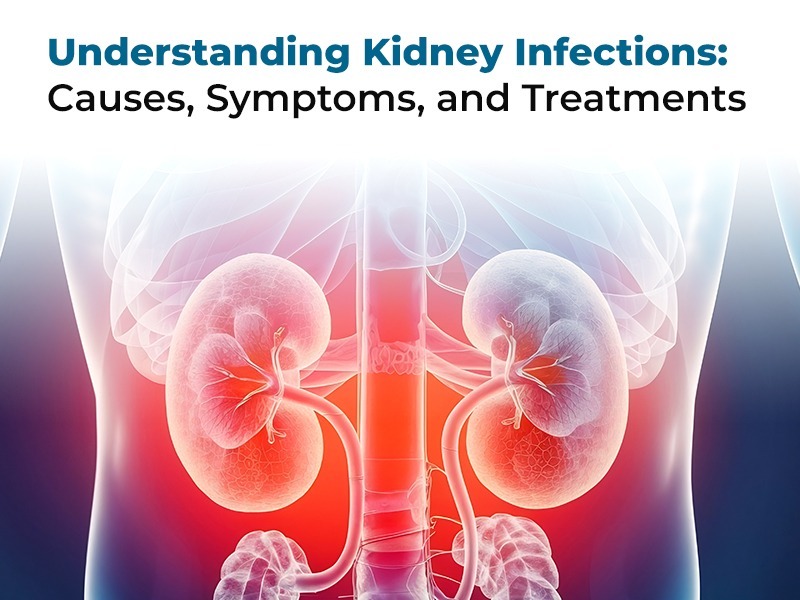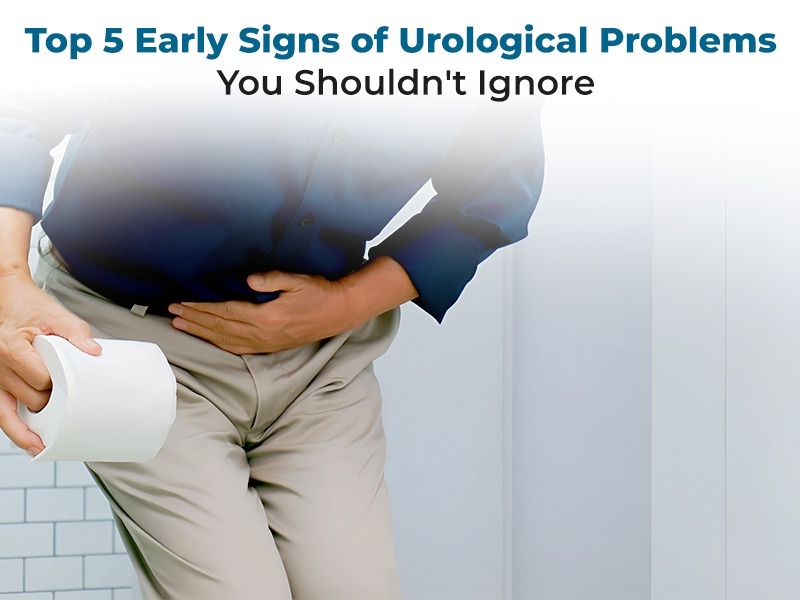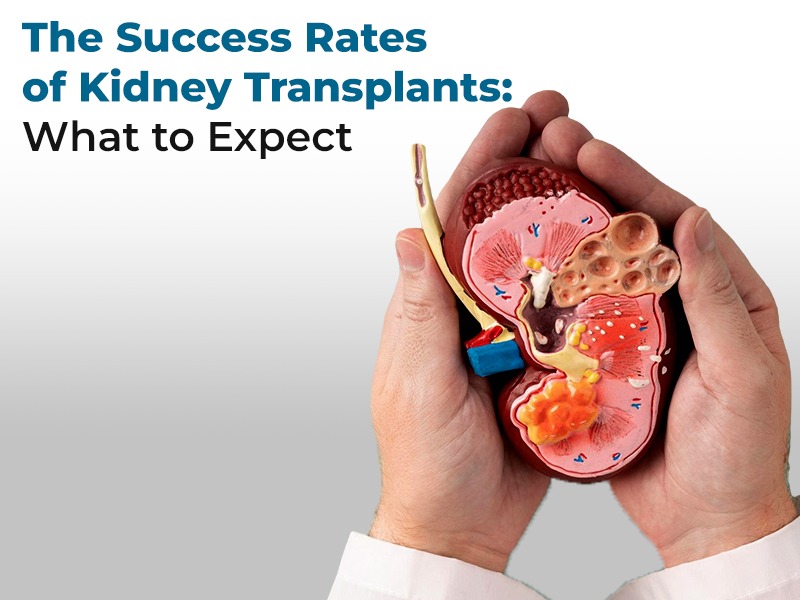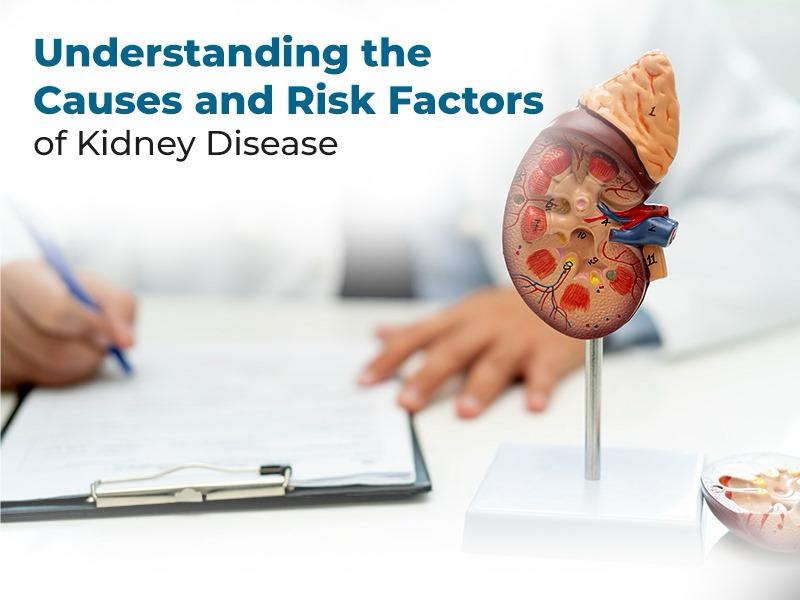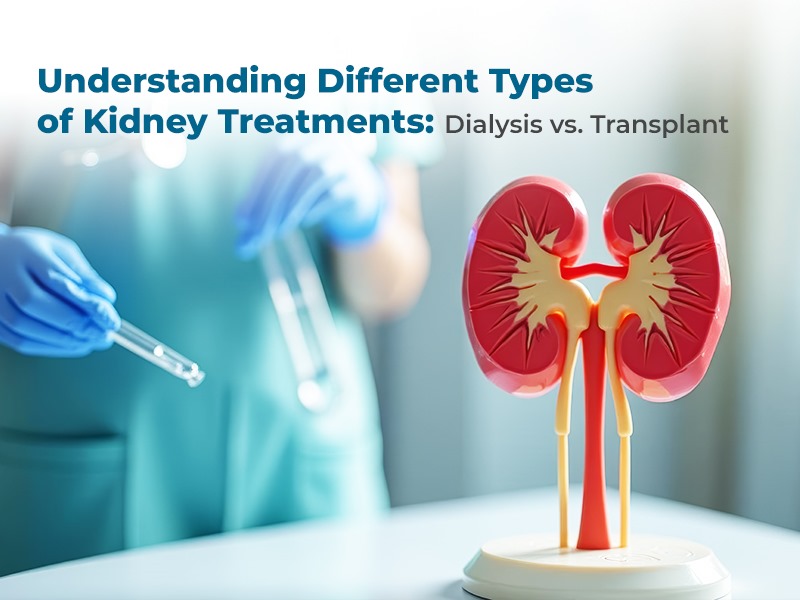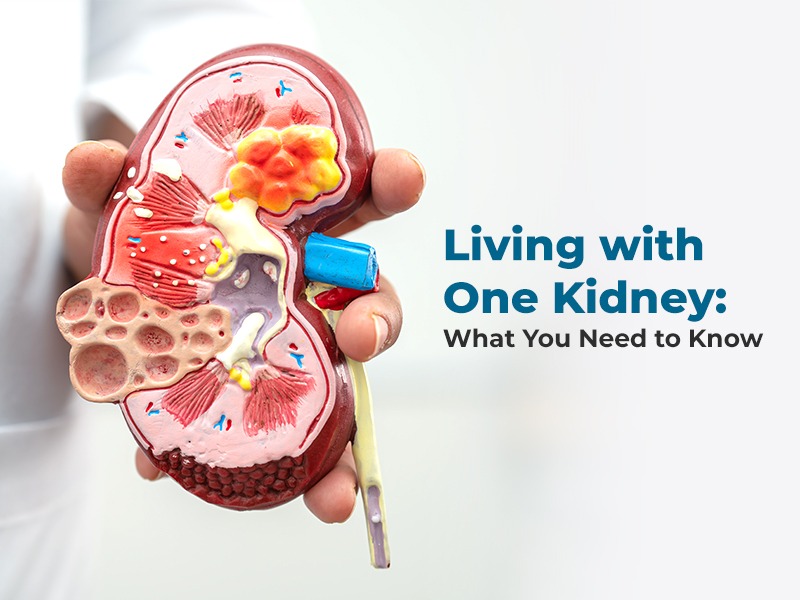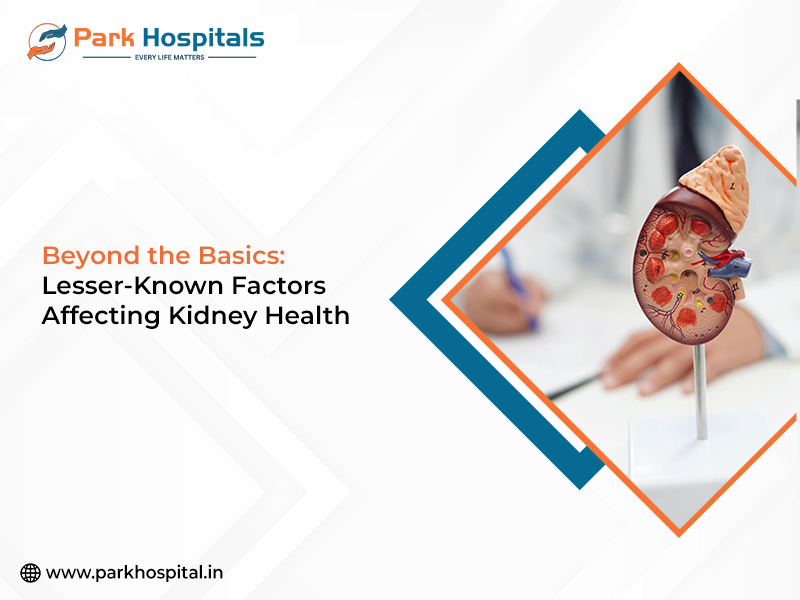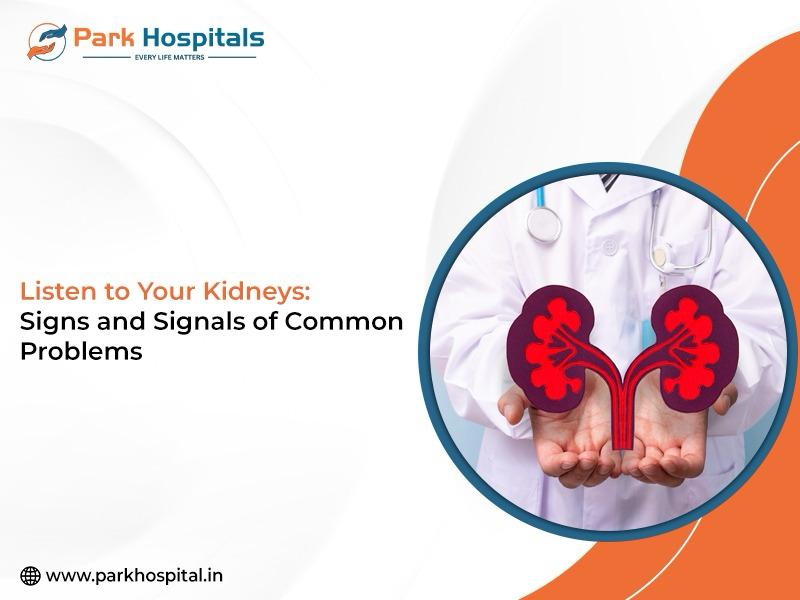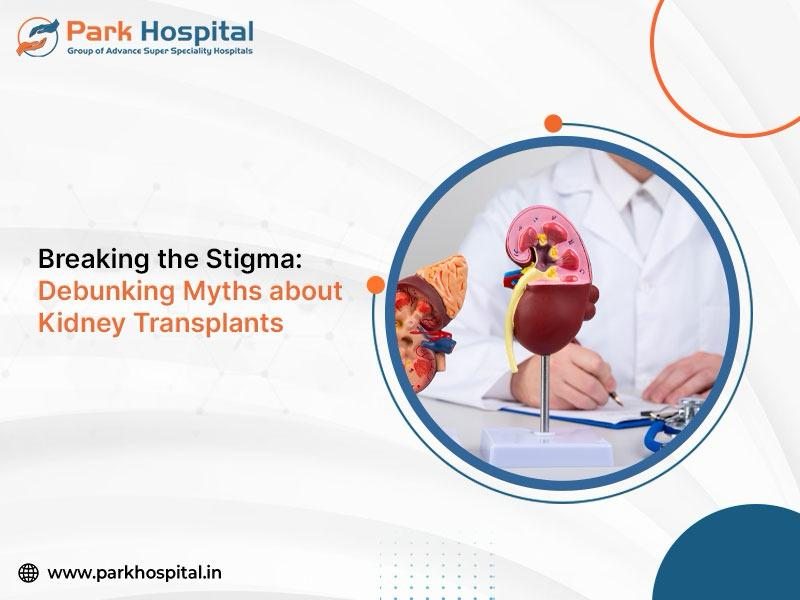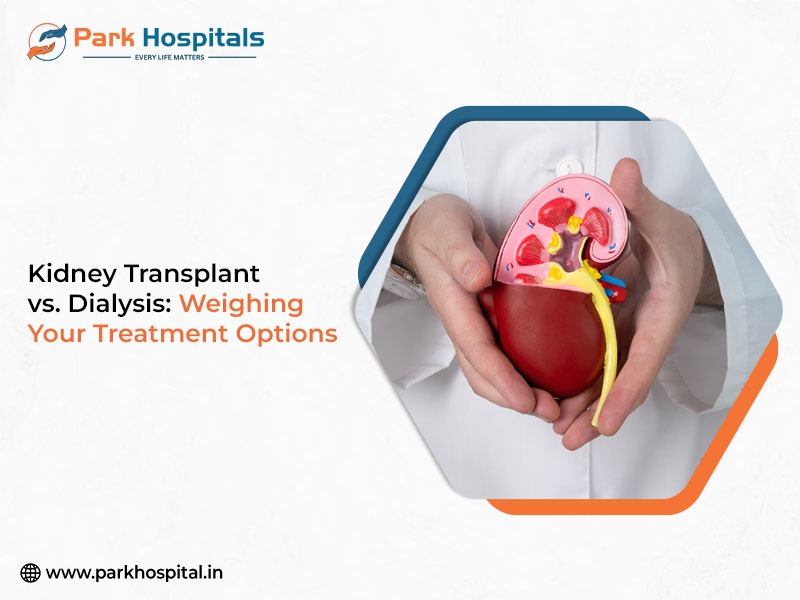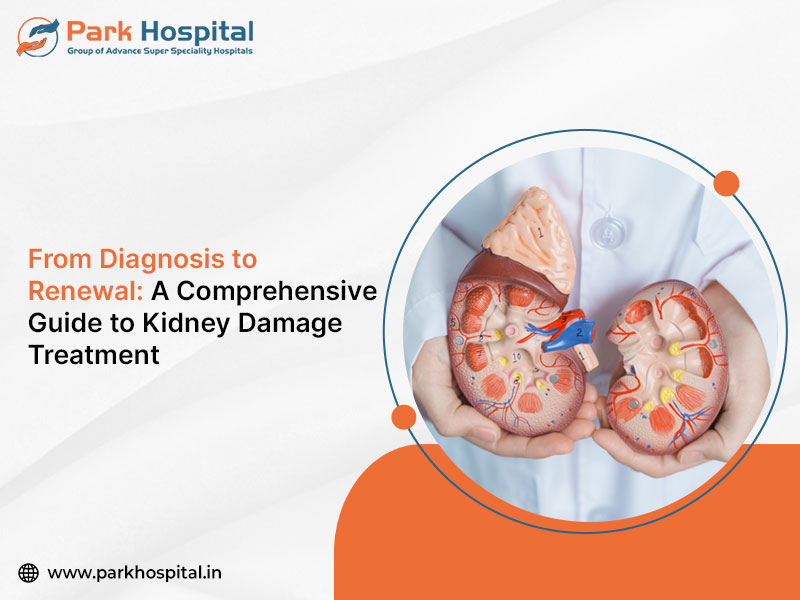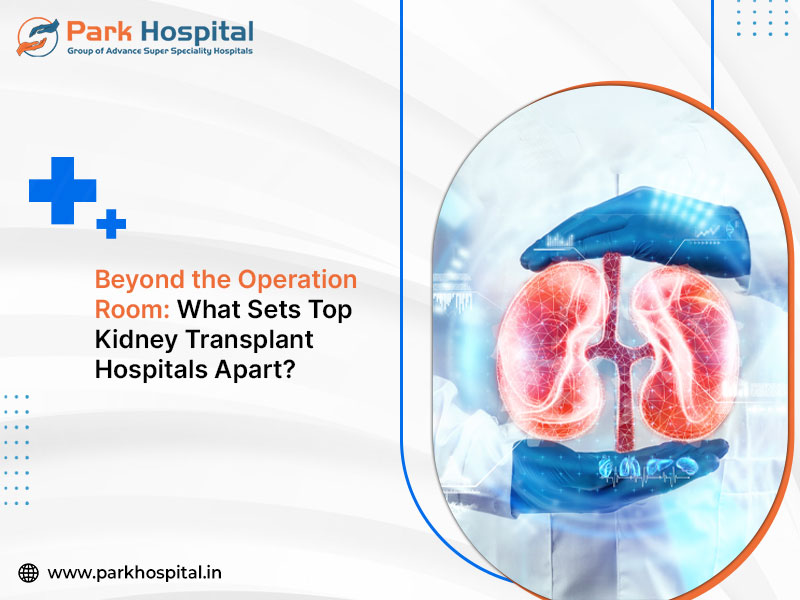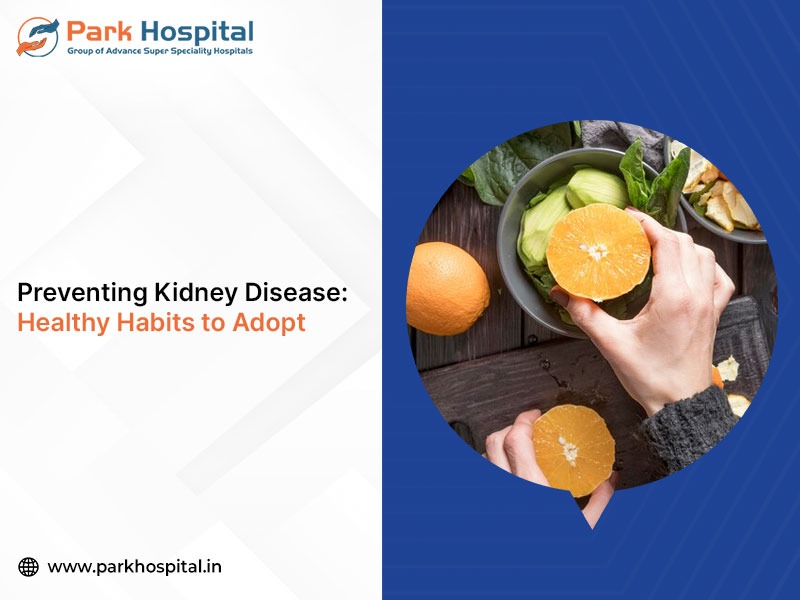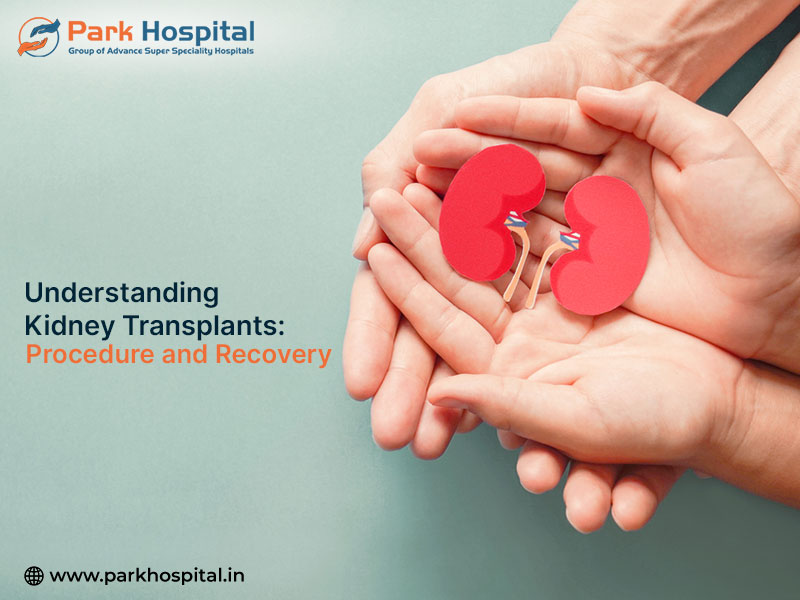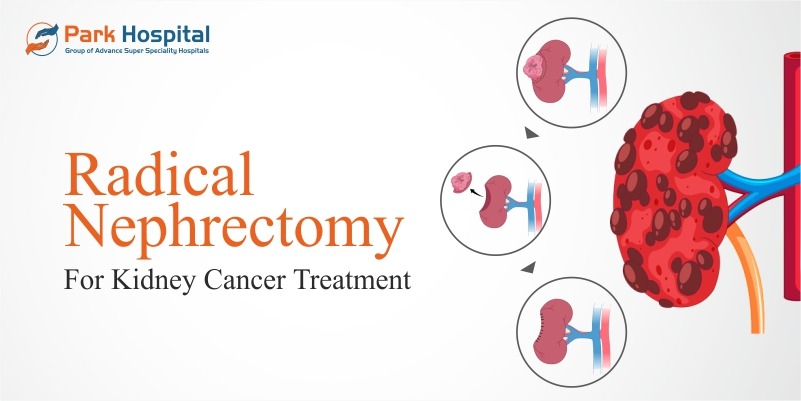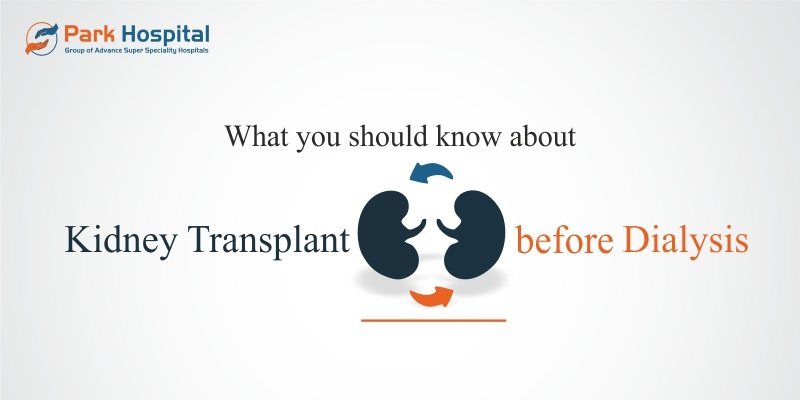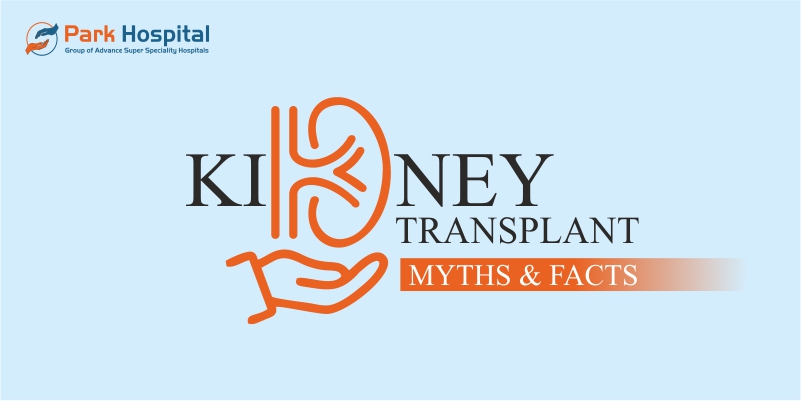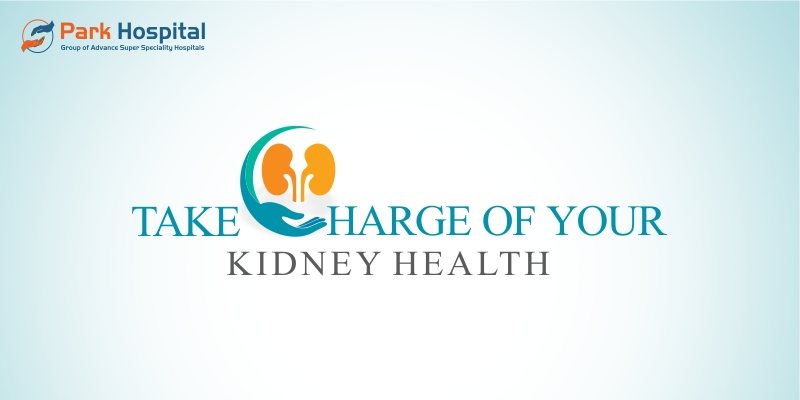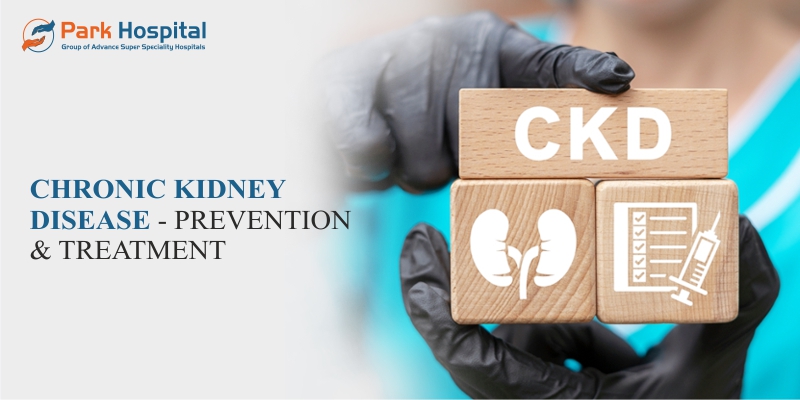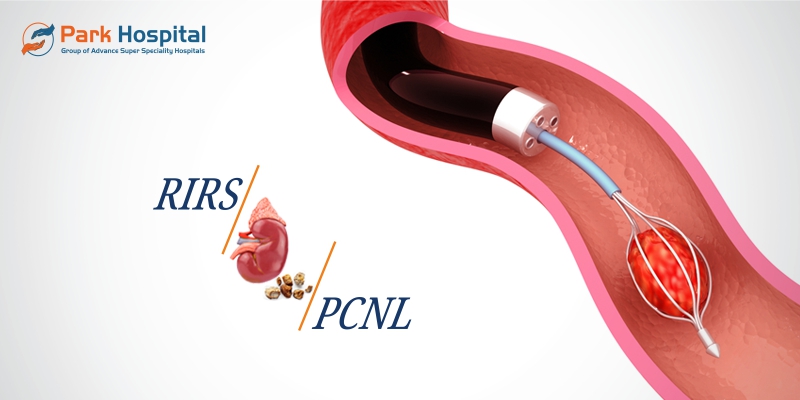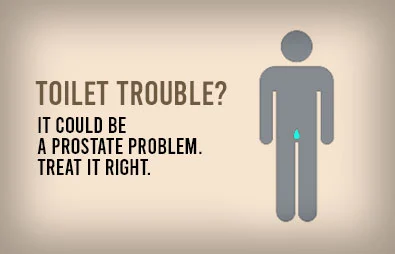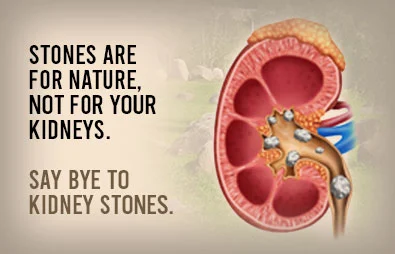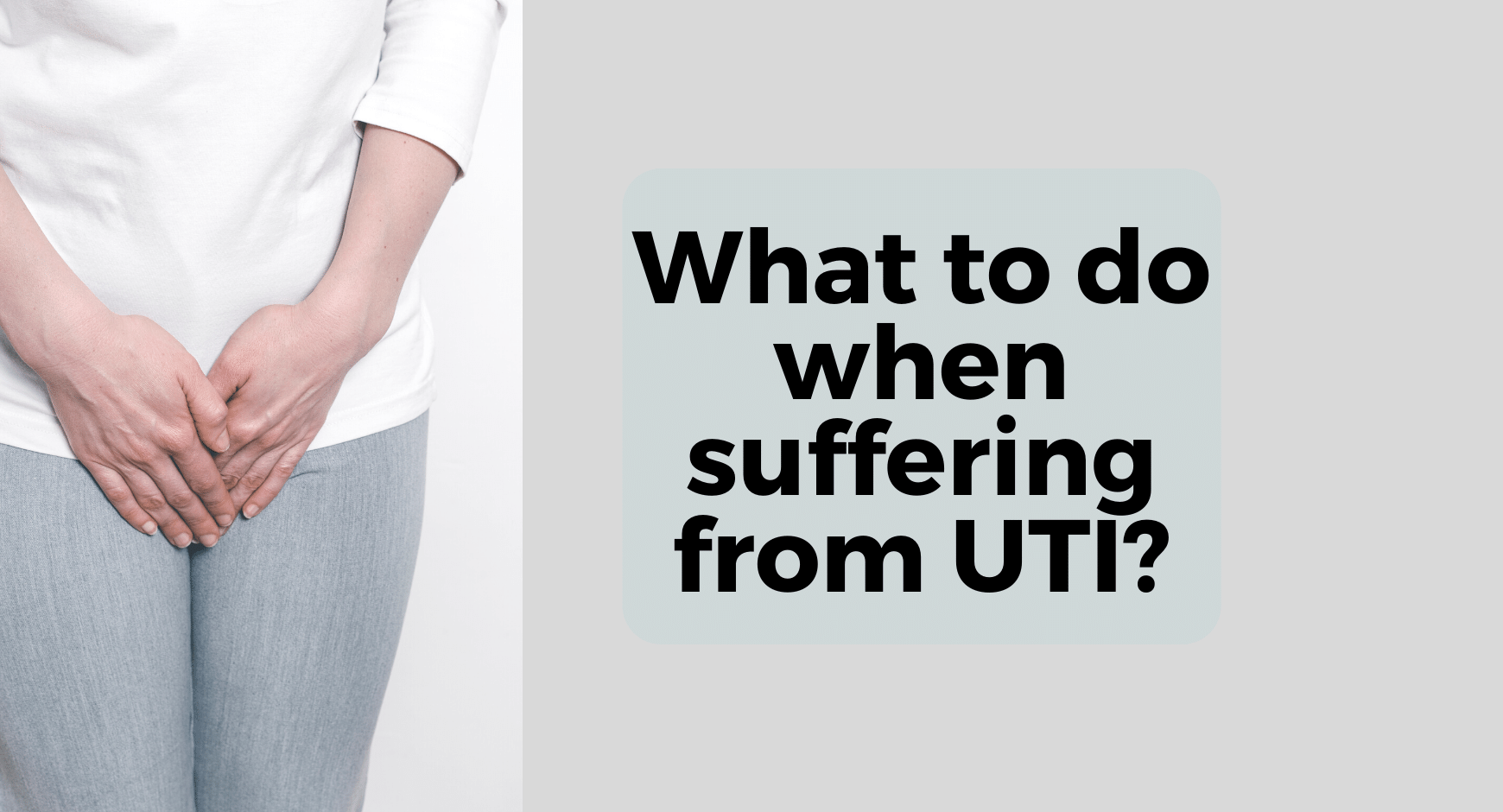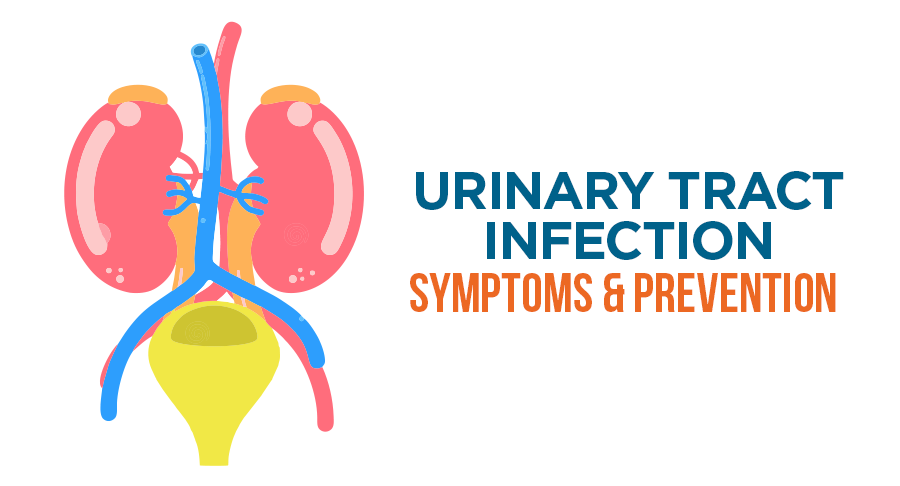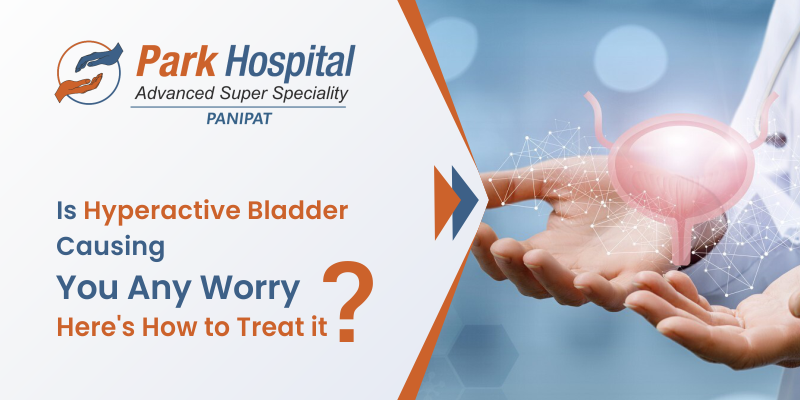What is a kidney transplant?
A kidney transplant is a surgical procedure of replacing an impaired kidney with a healthy one from a donor. Generally, the kidneys can be donated by a living person or taken from deceased who have given consent to donate kidneys before their death. Kidney transplants are done for those suffering from advanced chronic kidney disease (CKD).
When is a kidney transplant done?
When a person is suffering from advanced CKD in which kidneys fail to filter, then it is called End-Stage Renal Disease (ESRD) or kidney failure. Upon kidney failure, the ESRD patient undergoing periodic dialysis is advised a kidney transplant that assures a life expectancy of at least five years.
What kind of ESRD patient is eligible for kidney transplantation?
If you are to undergo a kidney transplant,
You should be devoid of any current or recurring infection that is untreatable.
You should not have metastatic cancer (cancer that is spread to other organs of the body from its original location)
You must not be suffering from severe heart problems or any other health problem which makes it unsafe for you to undergo a kidney transplant.
About kidney transplant surgery
It takes 2-3 hours to complete kidney transplant surgery under general anesthesia. Gibson incision is the widely used method which is a three-stage procedure �
An incision (cut) is made in the lower abdomen, through which the new kidney is placed on the lower left or right side of the abdomen
Blood vessels from the abdomen are surgically connected to blood vessels of the new kidney
The ureter of the donated kidney is connected to the bladder.
The old kidney is left behind inside the body except in cases where it is infected or causing unmanageable high blood pressure. For the first few weeks after the transplant, two to three doctor appointments are required every week which may later decrease upon recovery.
After a kidney transplant, you are advised to take immunomodulatory medications like tacrolimus, mycophenolate mofetil, cyclosporine, sirolimus, etc., that suppress autoimmunity and reduce the chances of transplant rejection.
What kind of post-transplant care is required?
Despite taking immunosuppressant medications, sometimes you may develop transplant rejection. In that case, check for the following symptoms and immediately call your transplant center in case you are experiencing any of these �
decrease in urine output
fever above 100 degrees
blood in the urine
flu-like feeling
weight gain (more than 1.4kg in two days)
While immunosuppressants are taken to avoid autoimmunity and transplant rejection, you might be at risk of infection due to a decrease in immunity sometimes, that�s why a flu-like feeling with symptoms of a cold or cough.
Diet & exercise � Take freshly prepared, home-cooked food. Avoid outside food. Take the advice of a dietitian to help you have a balanced diet. To prevent undesirable weight gain, the recipient is advised adequate physical exercises that don�t require physical exertion like football, water contact as in swimming, etc. Drink only clean, boiled water from home. Avoid outside water. Wear masks in crowded places.
Smoking is strictly forbidden after a kidney transplant. It is better to avoid alcohol as it may cause liver disease due to the immunosuppressive condition of the body.
Are there any possible risks of kidney transplant apart from rejection?
Some of the complications with kidney transplant surgery are bleeding, infection, blockage of blood vessels to the new kidney, leakage of urine or blockage of urine in the ureter, and finally lack of function of the new kidney.
Post kidney transplant one must be prudent in their daily lifestyle with respect to hygiene, balanced diet, physical exercise, regular monitoring and doctor visits, medications, and refrainment from lifestyle habits. A disciplined lifestyle can help the transplant recipient to return back to his normal life once there is no rejection of the transplant.
If you or your loved ones are suffering from kidney disease, for the best consultation and kidney treatment visit Park Hospital. They are experts in kidney disease treatment and kidney transplants with the latest technologies and expert Nephrologists and Kidney Transplant Surgeons.

